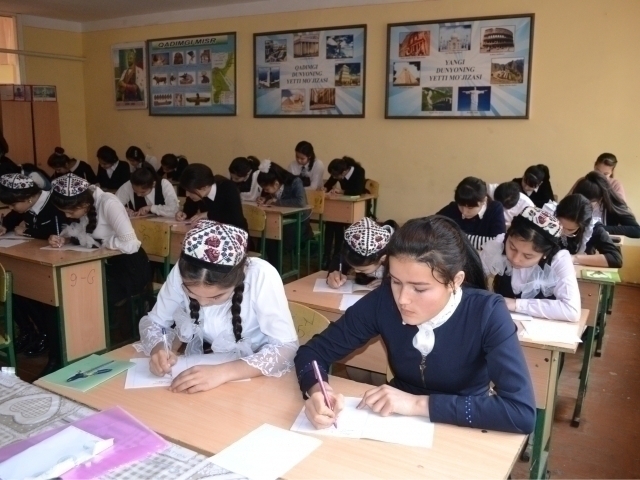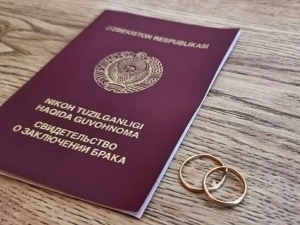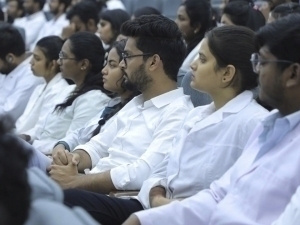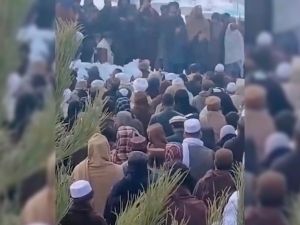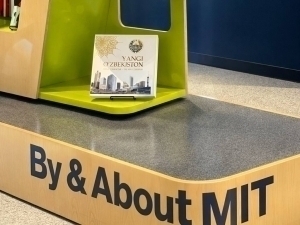Is Russian history taught accurately in Uzbek schools?
Local
−
27 September 2024 10582 3 minutes
Concerns have been raised regarding the portrayal of Russian history in Uzbek school textbooks, suggesting they contain misleading information that misrepresents Russia's historical actions in Central Asia. The publication "Asia Today" highlights these allegations.
According to the article, readers can uncover several surprising claims within the 5th-grade history textbook approved by Uzbekistan's Ministry of Education, particularly regarding Russian Emperor Peter I. The textbook asserts that Peter I intended to occupy the region for its natural resources, framing Russia's historical actions as purely imperialistic.
"This textbook, published in its second edition in 2020, has been taught to at least eight generations of 5th graders based on distorted facts," the publication states.
Vladimir Fetisov, a prominent writer, journalist, and public figure from Uzbekistan, criticized specific sections of the textbook, invoking a quote from Goebbels:
"The more terrible the lie, the easier it is to believe." He points out that the claim about Peter I's ambitions to seize Central Asian resources is unfounded. "What wealth are we discussing? Uranium, oil, minerals? At that time, the Central Asian khanates did not possess significant wealth," he argues.
Fetisov recounts historical events, stating that Peter the Great sent a small detachment to India to explore trade routes with Khiva. The contingent of 200 men posed no real threat to local rulers and suffered a disastrous fate, with many being sold into slavery after a failed mission. Yet, he asserts, such crucial historical details are omitted from the textbook.
The author claims to have identified numerous inaccuracies within just three pages of the textbook. He describes the conquest of Central Asia in 1865 as a "gross mistake" and emphasizes that Khiva and Bukhara became independent states under Russian protection, which did not interfere with their internal affairs. Fetisov also points out that the national liberation movement is portrayed inaccurately, framed as a minor religious conflict, while Stalin's repressions are misrepresented.
"Following the 1917 revolution, the textbook suggests a national liberation struggle for independence led by figures like Kurboshi Madaminbek and Ibrohimbek. However, it neglects to mention that the Russian army fought against the Red Army alongside local forces," he continues, stating.
According to "Asia Today," these distortions in educational materials could foster anti-Russian sentiments and inter-ethnic conflicts among young students.
"We must remember that Uzbekistan as a country emerged largely due to the Soviet Union. Given the currently warm and friendly relations between Uzbekistan and Russia, it is perplexing that schoolchildren are learning from such a misleading textbook. This material can only breed animosity towards Russia," Fetisov notes.
He expressed concern over the 60,000 Uzbek students currently studying in Russia and the presence of 14 branches of Russian higher education institutions in Uzbekistan. Despite the established educational ties, he worries that the school curriculum is sowing the seeds of Russophobia among impressionable young minds.
Live
All1 fevral' kuni Rafah o'tish punkti ochiladi
30 January
